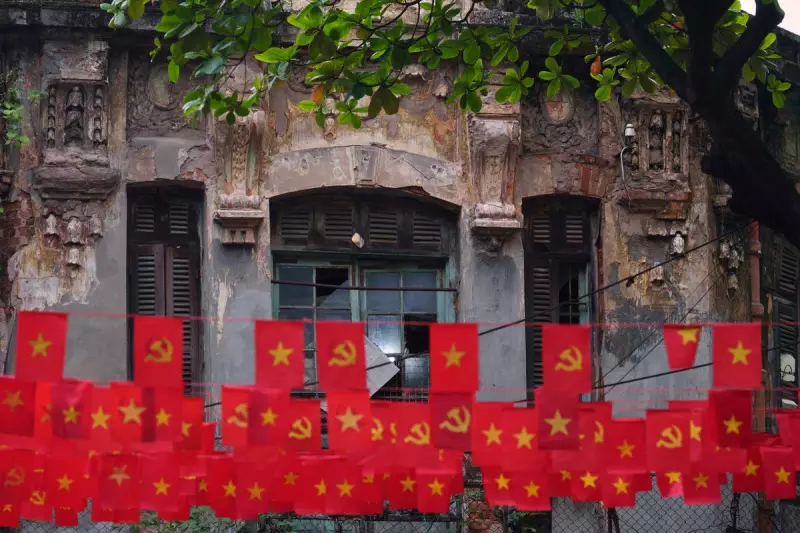
A significant diplomatic rift has opened between Vietnam and France, centred on a piece of history laden with the symbolism of colonial resistance. Vietnamese authorities are formally demanding the return of a bronze cannon, taken as a trophy by French forces after their 1892 conquest of Hanoi.
The ornate cannon, a potent national symbol, was cast in the 18th and 19th centuries and used by Vietnamese forces in their defence against the French colonial invasion. Its seizure represented a pivotal moment in the fall of the country to foreign rule.
A History of Repeated Requests
This is not the first time Vietnam has sought the artefact's repatriation. Previous requests have been consistently rejected by French officials. The cannon is currently held at the Army Museum in Paris, a display that Vietnamese officials argue glorifies a painful chapter of subjugation.
The recent demand, issued by the Vietnamese government's National Committee for UNESCO, signifies a renewed and more forceful effort under the framework of a 1970 UNESCO convention designed to prevent the illicit trafficking of cultural property.
More Than Metal: A Symbol of Sovereignty
For Vietnam, this dispute transcends the object itself. The cannon is viewed as an irreplaceable piece of national heritage and a sacred relic of the country's long struggle for independence. Its return is seen as a matter of historical justice and a crucial step in reconciling with the past.
The French Ministry of Armed Forces, which oversees the museum where the cannon is held, has yet to issue a public response to this latest, more assertive claim. The outcome of this standoff is being closely watched as a test case for the repatriation of colonial-era artefacts worldwide.





